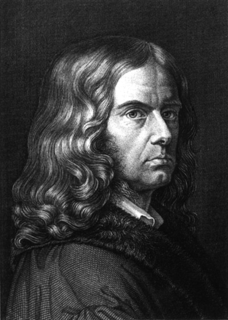A Quote by Georgette Heyer
I liked that young man, did not you? There was something particularly pleasing about his manners, which I thought very easy and frank. He has an air of honest manliness, too, which, in these days of fribbles and counter-coxcombs, I own I find refreshing!
Related Quotes
This is another thing which I really like investigating in my novels: what is it that makes an intimate society, that makes a society in which moral concern for others will be possible? Part of that I think are manners and ritual. We tried to get rid of manners, we tried to abolish manners in the '60s. Manners were very, very old-fashioned and un-cool. And of course we didn't realise that manners are the building blocks of proper moral relationships between people.
Johnny Miller is a very honest guy. That may have been to his detriment sometimes. On television, he's too honest. We talk about it a lot. Do you really need to be that honest? You know what I mean? But he's a good man. He's a good family man. He's got good values, and we're delighted to have him as our honoree.
Conscience is a judge in every man's breast, which none can cheat or corrupt, and perhaps the only incorrupt thing about him; yet, inflexible and honest as this judge is (however polluted the bench on which he sits), no man can, in my opinion, enjoy any applause which is not there adjudged to be his due.
Thirdly, the supreme power cannot take from any man any part of his property without his own consent: for the preservation of property being the end of government, and that for which men enter into society, it necessarily supposes and requires, that the people should have property, without which they must be supposed to lose that, by entering into society, which was the end for which they entered into it; too gross an absurdity for any man to own.





































